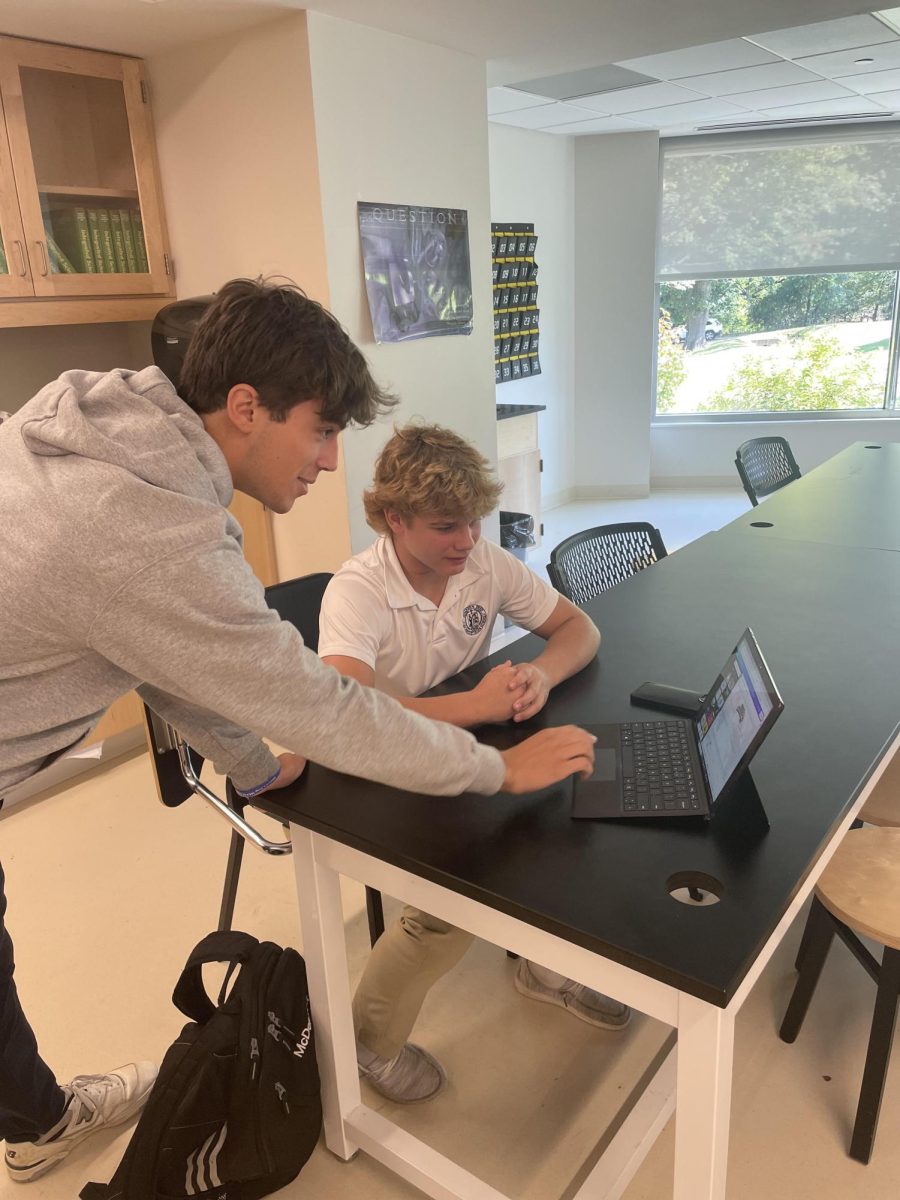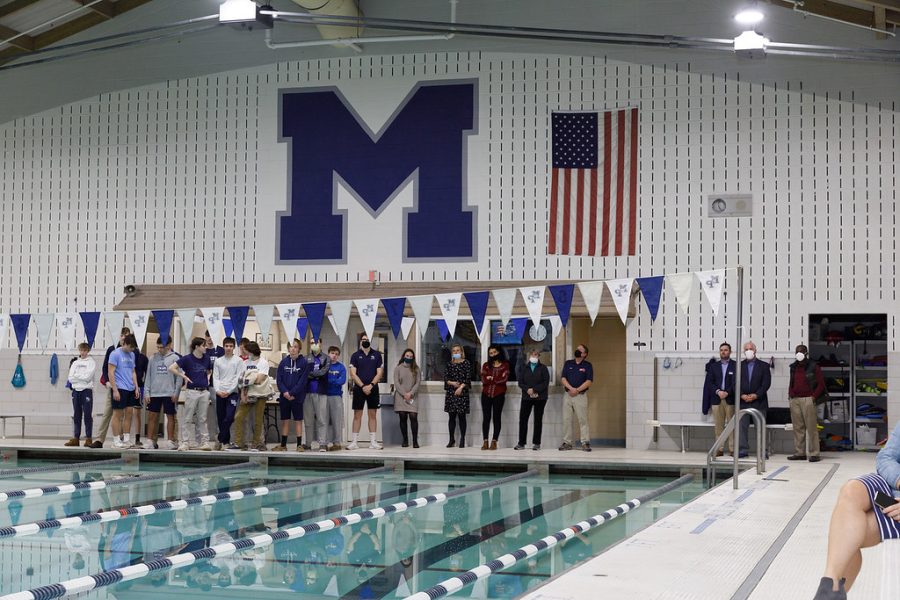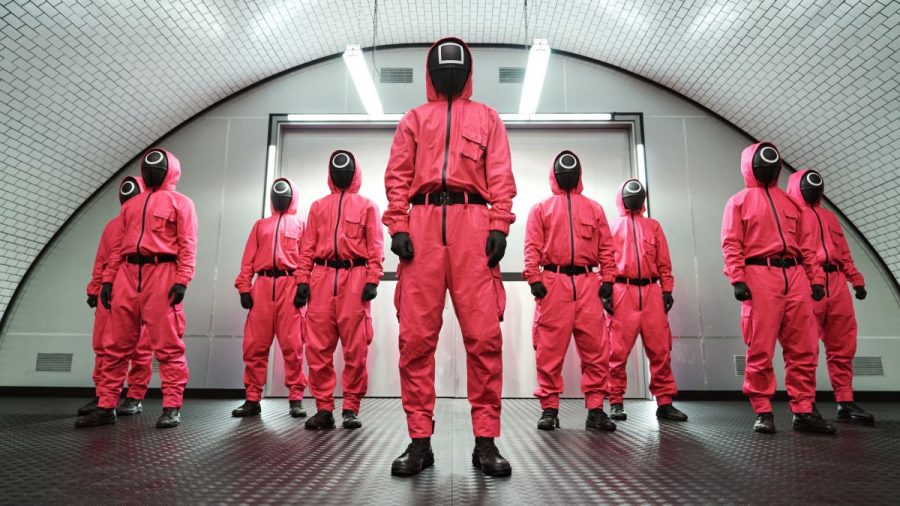We all like our computers and the things they do for us but have you ever thought of building your own computer from scratch and writing the software that makes it work. If you lived in the 1970′s home brew computing was the only option. I recently spent an afternoon with one of the east coast’s premier brew-misters of the day, Dr. Stephen Longo. Today Dr. Longo is a Professor of Physics, Mathematics and Computer Science at LaSalle University and in 1976 he was a true founding father of the personal computer era.
Dr. Longo and I recently talked about the early days of PACS, the Philadelphia Area Computer Society he helped form. Dr. Longo related a lot of information about computers from a time when the Vietnam war was a life experience not a history lesson, rotary telephones hung on the wall in most family kitchens and hardly anyone had heard of Steve Jobs, Stephen Wozniak or Bill Gates. PACS started with a meeting of 20 people, half from the HAM radio world and half from the mainframe computer world. Both halves were looking to build a computer that the average person could use in their home to make a shopping list, balance their check book, and perform other useful tasks. PACS and similar home-brew computer clubs on the east and west coasts represented the next frontier of computing.
While people were standing in line at their local bowling ally to feed quarters into a new game called Pong, members of PACS were thinking about and building household computers that wouldn’t dim the neighborhood lights while calculating the taxes owed to the IRS. In this Jurassic era of personal computers the members of PACS built machines from scratch, soldering together parts from their local Radio Shack. When PACS members turned on their computers they expected either smoke or a blinking white cursor on the screen of a spare black and white portable television. If sparks and flames didn’t erupt, they programmed the computer themselves or booted it with a black floppy disk they got at the last PACS meeting from some guy named Gates.
That’s right, the very same Bill Gates who would one day be the richest man in the world and master of the PC universe attended meetings of the Philadelphia Area Computer Society. He wanted to know what “users” wanted and was looking for that first “killer app”. In a short time, PACS grew from 20 people with pocket protectors, slide rules and soldering irons to 2,000 people looking for real business solutions.
Lots of people came to day long PACS meetings looking to learn more about computers and to make them a viable tool for business and personal use. Dr. Longo mentioned that the financial services industry was well represented at PACS meetings as well as fledgling computer companies such as Borland and Microsoft but, interestingly, the FBI showed up as well. The Federal Bureau of Investigation had heard that people were copying software and the FBI wanted to enforce copyright laws. You can picture the FBI flashing their badges while wearing dark suites with narrow lapels, pressed white shirts and tightly knotted skinny black ties like the “Men In Black” but not nearly as cool as Will Smith. The FBI G-Men were directed to Dr. Longo and they asked to see the Xerox machine where all the software was being copied. Obviously the FBI didn’t understand computers or software. Dr. Longo and PACS did some explaining and today software copyright laws protect business interests while open source software still allows for cutting edge innovation reminiscent of the home-brew roots of personal computers.
When asked where computing has taken us and if it all has worked out well Dr. Longo mused that he thinks that technology is often introduced too early in schools and that students are not given the chance to get a “feel for numbers”. He related that he sees people using calculators to do multiplication where “moving a zero” is all that is needed. Dr. Longo also mentioned that technology can be misused, specifically with regard to texting at inappropriate times. When asked about the pace of technology development and if we should be farther ahead Dr. Longo expressed his opinion that technology wasn’t slowing down but that the problems are getting harder. I asked Dr. Longo what department at LaSalle he would be in if computers didn’t exist. He mentioned Physics and related an anecdote, Physicists are never happy as they are either working on a problem they have not figured out or have figured out their problem and don’t have a new one to work on. On the topic of what are the hot areas for the future Dr. Longo suggested robotics, simulations and voice interactive media.
I also asked Dr. Longo for any advice he might have for students at Malvern Prep who are interested in studying technology in college and how to get into the very best colleges. His advice was to take all of the hardest math courses possible, that mathematics was the “mother of all sciences”. His other advice was to read material outside what is assigned in school. To pick a topic and become well versed in it, developing more depth than what is required by the school curriculum.
My meeting with Dr. Longo was interesting not only from a technology history perspective but also from career and personal perspectives as well. To learn more about LaSalle and PACS go to the following websites:
http://pacsnet.org/
http://www.facebook.com/PACSnet




